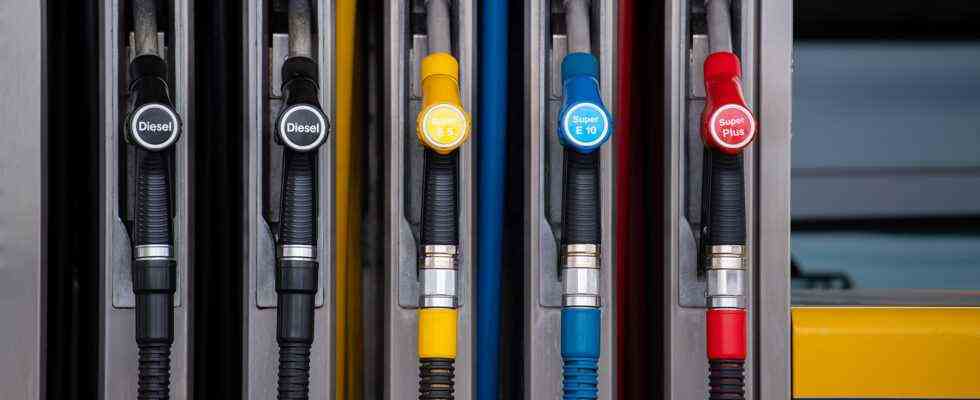Status: 07/19/2021 2:55 p.m.
After long negotiations, OPEC + has agreed on higher oil production volumes. Although this depresses the price of oil, it is unlikely to have any effect at the gas station.
By Thomas Spinnler,
tagesschau.de
The association of the oil cartel OPEC and its partner countries (OPEC +) agreed on Sunday after tough negotiations on an increase in oil production: From August onwards, OPEC + will increase the production volume by 400,000 barrels (159 liters) per month. If market conditions allow, the current production cut would end in September 2022, OPEC announced.
Last year, OPEC + responded to the slump in demand caused by the corona pandemic by cutting production in order to keep oil prices stable. We succeeded: the prices for a barrel of North Sea Brent or WTI have increased by around 70 percent over the past twelve months. The effects of the increased energy prices are currently noticeable, among other things, in the global rise in inflation.
“Basically good news”
After the agreement, the oil price fell significantly today, in some cases. “The agreement of the OPEC + states means that more oil will flow onto the market in the short term,” commented Eugen Weinberg, head of raw materials analysis at Commerzbank, in an interview tagesschau.de.
This comes at a time when demand is also recovering due to the global economic recovery, at the right time, says Weinberg. The expert therefore also anticipates a trend towards cheaper oil and a slight relaxation on the oil market. “This is basically good news for the consumer.”
Gasoline is significantly more expensive again
The effects on gasoline prices are also of great interest to many consumers. In the past few months, the price of fuel had risen considerably due to the rise in oil prices. According to the ADAC, the price of Super E10 gasoline averaged 140.5 cents in 2019. A liter of diesel cost an annual average of 126.2 cents.
In April 2020, drivers reportedly had to pay an average of 117.1 cents for a liter of Super E10, diesel cost 108.2 cents. In June of this year, the price for Super E10 averaged 150.7 cents – it was last at this level in autumn 2018. Diesel rose to 136.3 cents in June.
Oil price is unlikely to have any impact
Drivers who now hope to have to pay less at the petrol pumps are likely to be disappointed: “I’m not assuming that petrol will be cheaper at petrol stations,” says Weinberg. A relaxation in prices is at least doubtful.
“The external factors in fuel prices, mainly energy tax, value added tax or CO2 tax, make up a total of around three quarters of the price,” explains the raw material expert. “Only the far smaller part of 25 percent is determined by the oil price. Therefore, a lower oil price has little effect at first.”
In addition, Weinberg expects the decline in the oil price will hardly be sustainable in the long term: “Demand is likely to grow a little faster than supply.” But that depends on the further economic development in connection with the corona pandemic. This means that if the economic recovery continues at a rapid pace, the oil price will probably rise again.

